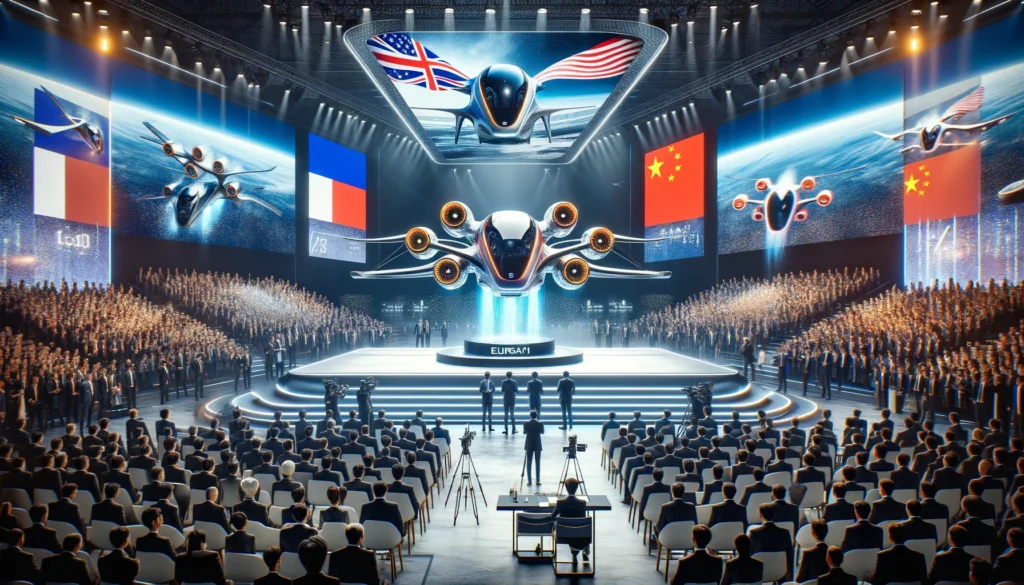In a landmark move that may redefine the future of personal transportation, the technology behind the innovative AirCar, which first took to the skies between two Slovakian airports in 2021, has been purchased by the Chinese firm Hebei Jianxin Flying Car Technology Company. This deal marks a significant shift in the global transportation landscape, showcasing China’s accelerating interest in the evolving flying car sector.
In what can be described as a pivotal moment for the future of aerial personal transportation, the groundbreaking technology behind Europe’s AirCar has found a new home in China. The Hebei Jianxin Flying Car Technology Company, based in Cangzhou, has acquired exclusive rights to the technology that powered the AirCar’s historic 35-minute flight between two Slovakian airports in 2021. This move signals a significant leap forward in the quest for innovative transportation solutions, potentially altering the dynamics of global travel and urban mobility.
The AirCar, powered by a conventional BMW engine and using regular fuel, captured the world’s imagination when it successfully completed its test flight, transitioning from car to aircraft in just over two minutes. Its ability to use existing runways for take-off and landing represented a blend of traditional and futuristic transportation methods, offering a glimpse into a world where flying cars are a reality.
The acquisition by Hebei Jianxin signifies more than just a transfer of technology; it embodies China’s broader ambitions to dominate emerging transportation technologies. Already a leader in electric vehicle (EV) production, China’s foray into flying cars through this deal highlights its commitment to shaping the future of mobility. The country’s proactive approach contrasts with the more cautious, regulatory-heavy stance often seen in Western countries, potentially giving China a first-mover advantage in the flying car industry.
This development comes at a time when China is actively experimenting with and adopting flying transport solutions. Last month, Autoflight, a Chinese firm, carried out a test flight of a passenger-carrying drone, significantly cutting down travel time between Shenzhen and Zhuhai from three hours to a mere 20 minutes. Furthermore, the electric flying taxi by eHang, another Chinese innovation, received a safety certificate from Chinese officials, underscoring the country’s serious commitment to revolutionizing air travel.
However, the journey towards a sky filled with personal flying vehicles is fraught with challenges. Regulatory hurdles, infrastructure development, and public acceptance are significant obstacles that need addressing. Yet, the sale of the AirCar technology to a Chinese company might just be the catalyst needed to overcome these barriers. China’s history of rapid adoption and implementation of new technologies, as seen in its leadership in the EV market, suggests that it could similarly spearhead the development of flying cars.
Experts like aviation consultant Steve Wright view this development as a “great leveller” in personal transport, with the potential to redefine mobility as we know it. Yet, Wright also cautions that the reality of flying cars might be more mundane than the fantasy, with practicalities such as queues and baggage checks tempering the excitement of personal air travel.
In conclusion, the sale of AirCar’s technology to Hebei Jianxin Flying Car Technology Company marks a significant milestone in the evolution of personal transportation. As China takes the helm in developing flying car technologies, the world watches closely, eager to see how this bold vision of the future takes flight. The path forward is uncertain, but one thing is clear: the era of flying cars, once relegated to the realm of science fiction, is inching closer to reality, with China leading the charge into this brave new world.



